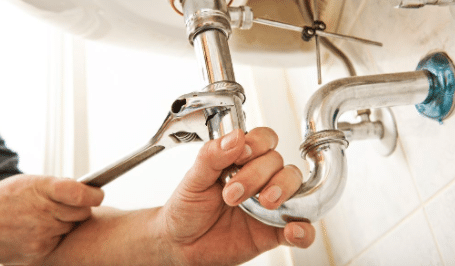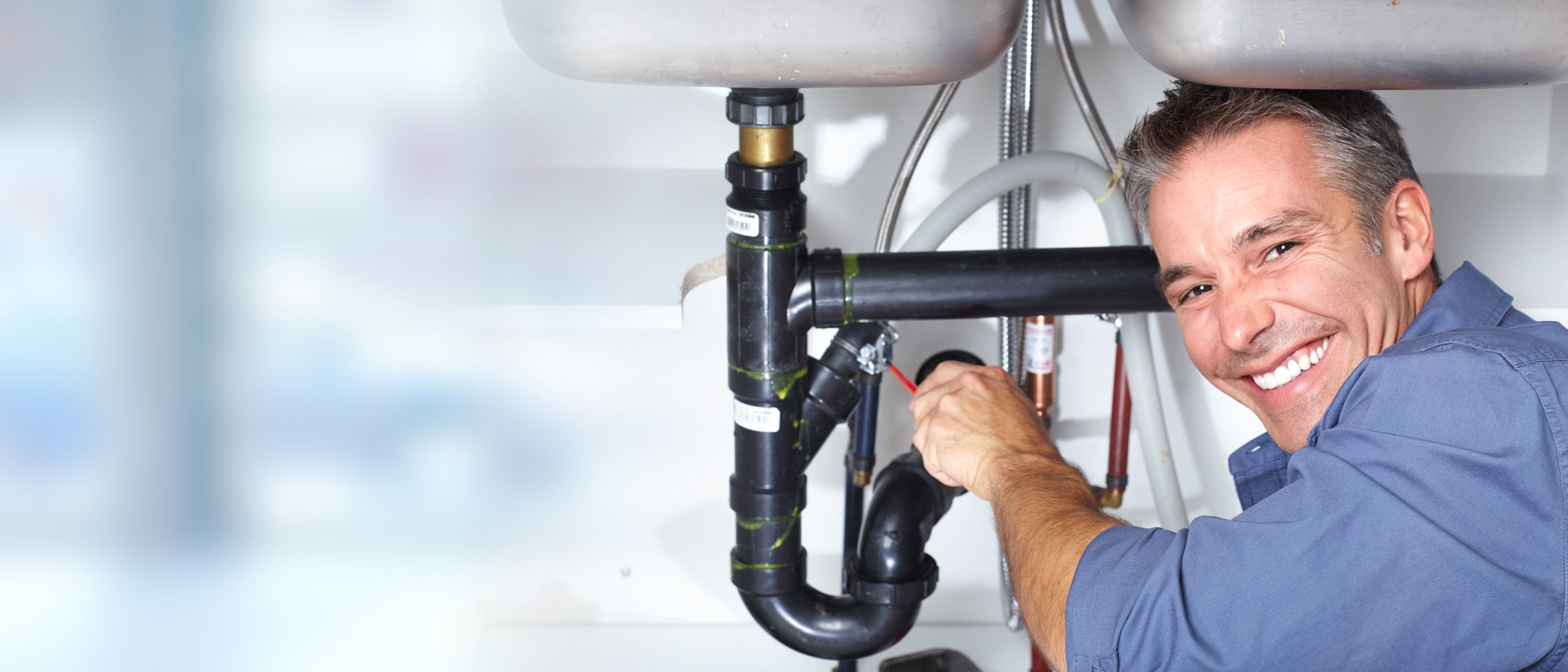Avoid Letting These Six Things Wreck Your Home's Plumbing Systems
Avoid Letting These Six Things Wreck Your Home's Plumbing Systems
Blog Article
The publisher is making a few good pointers on the subject of Ways to Make Your Pipes Last Longer in general in the content beneath.

The trick to long lasting home appliances, unsurprisingly, is proper maintenance. There's no hard and fast regulation that can ensure your plumbing devices a lengthy wear, however you can avoid unneeded damages and repair work by staying clear of negative plumbing habits.
You must quit doing these 6 points else you'll maintain calling your plumber over for minor faults.
Purging whatever
Yes, your commode drainpipe leads to the sewage systems, but that doesn't mean you should dispose just anything down the tubes. Lots of 'flushable' materials are really wonderful obstruction beginners, as an example floss. Asides keeping apparent non-flushable materials like wires and plastics out of your toilet, you should also avoid flushing cotton swab, menstrual items, wipes, daipers as well as prophylactics down the bathroom drain.
Putting oil in the sink
We know effectively throwing away grease after a hearty meal is a discomfort. Yet simply putting it down the drain can do lasting harm to your pipes. "The fat as well as oil can block your drain severely enough to force you to call a plumber," describes Dawson. "Plumbing works best when it's well cared for-- not abused with grease."
Using way too much drainpipe cleaner
Making use of a drainpipe cleaner greater than one or two times a month is an indication that something severe is taking place within your pipelines. Currently, as opposed to dealing with the primary concern, you choose a quick fix; a fizzy drainpipe cleaner. Rightfully, a drainpipe cleaner will care for the blockage, however at what cost?
The chemicals in a drainpipe cleanser can accelerate the rust of your pipes. Include that to whatever underlying issue is causing the clog and you might need to a significant issue on your hands.
If you experience too many obstructions, call your emergency plumber as opposed to utilizing a drainpipe cleaner.
Not washing dishes prior to loading them right into the dishwasher
it's called a dish washer, but tossing in recipes, pots, and frying pans covered in huge food bits can actually cause some significant damages to the device, bring about long-lasting troubles down the line. "House owners might have to get their dishwashing machine fixed more often if they don't wash their dishes before packing, or a minimum of eliminate larger food pieces," clarifies Audrey Monell, proprietor of Forrest Anderson Plumbing as well as A/c in Glendale, Arizona. "Food that obtains stuck on meals creates the dishwasher to function harder, which can wear down components quicker, leading to problems."
DIYing every little thing
With plumbing, a stitch in time truly does conserve nine. You can protect against a fullblown plumbing emergency by calling your plumber at the correct time.
You may have found out a few plumbing hacks from your dad, yet you ought to recognize where to fix a limit and also call a specialist. For instance, you might be able to take care of a clog on your own, yet you shouldn't try to alter a pipe. You might inequality pipes or overtighten a bolt, creating more injury and also damage than you believed. Calling a plumber is a risk-free and also cost effective decision.
Not changing your dishwashing machine hose pipes
One simple method to ensure that you use your dishwasher for years is to change the hose pipe at least once in 5 years. This additionally applies for cleaning equipment tubes.
Over time, food bits, soap and oil can develop clogs within your pipes. Changing them in a timely manner will prevent any type of presure develop that can harm the interior functions of your dishwashing machine or washing equipment.
A reinforced steel braided tube does a wonderful task of prolonging your maker's use time.
No wintertime precautions
Severe weather misbehave for your pipes, particularly if they're constructed from steel. You should protect your exposed pipes, as well as your water container, even if you have a hot water heater. You ought to likewise switch off your garden hose shutoff as well as any other external water channels. These channels are electrical outlets for cool; you pipes can start to ice up from outside if you don't.
Prevent Water Damage from Plumbing and Appliances
Prevent toilet failure
Be patient after you flush and wait for the valve to completely finish refilling the tank and bowl. If an overflow looks imminent, lift off the tank cover and lift the float to shut off water flow to the tank, and then turn off the supply valve.
Twice a year, inspect a toilet’s components, such as the fill, supply, and flush valves, and the supply line. Make sure you can turn off the supply. If you have older screw type valves that are hard to turn or start leaking, consider replacing them with simpler ball valves that are easy to shut off quickly.
Inspect and maintain your water heater
Inspect your anode rod every two years, or every year once the warranty has expired, to determine if it needs to be replaced.
Flush water heater tanks every six months to remove sediment by attaching a garden hose to the valve at the base. For safety, first turn off the power and run hot water until it is cool.
Get an annual inspection from a plumbing professional including the shut-off valve and all piping. Signs of broken valves and loose or wet joints and rust are a sign that more severe damage is coming.
Maintain washing machine supply lines
Look for signs the supply hose may be ready to fail—blisters in the hose, worn tubing, stress cracks, or a loose connection.
Replace the supply hose with a reinforced steel braided hose if it shows any sign of wear.
Tighten the connection if it feels loose. The most common site of failure is near the connection where the hose bends.
Replace supply hoses every five years, even if there is no obvious deterioration or wear. Some signs of deterioration may occur from the inside out and may not be visible until it is too late. When replacing washing machine supply hoses, always choose a reinforced steel braided hose over the traditional un-reinforced rubber hose. These hoses will last longer and are far less likely to result in a catastrophic water loss.
Prevent plumbing failure
Never pour grease down the drain.
Plant trees away from lateral drain lines to prevent roots from damaging piping.
If your home’s sewer system is connected to the city’s sewer system—a particular problem for older homes—or if you are located downhill or below street level, contact a plumbing professional to install a backflow prevention assembly into your sewer system.
Call a professional if you notice signs of a plumbing problem—an increased monthly water bill, banging pipes, rust stains, moisture in the walls or on the floor, and signs of wet soil erosion near the foundation.
https://disastersafety.org/maintenance/prevent-water-damage-from-plumbing-and-appliances/

As an enthusiastic reader on Leak Detection and Repair Without Destroying Your Home, I figured sharing that excerpt was a good thing. Sharing is caring. Helping others is fun. Thanks a bunch for your time. Come back soon.
Book Today Report this page